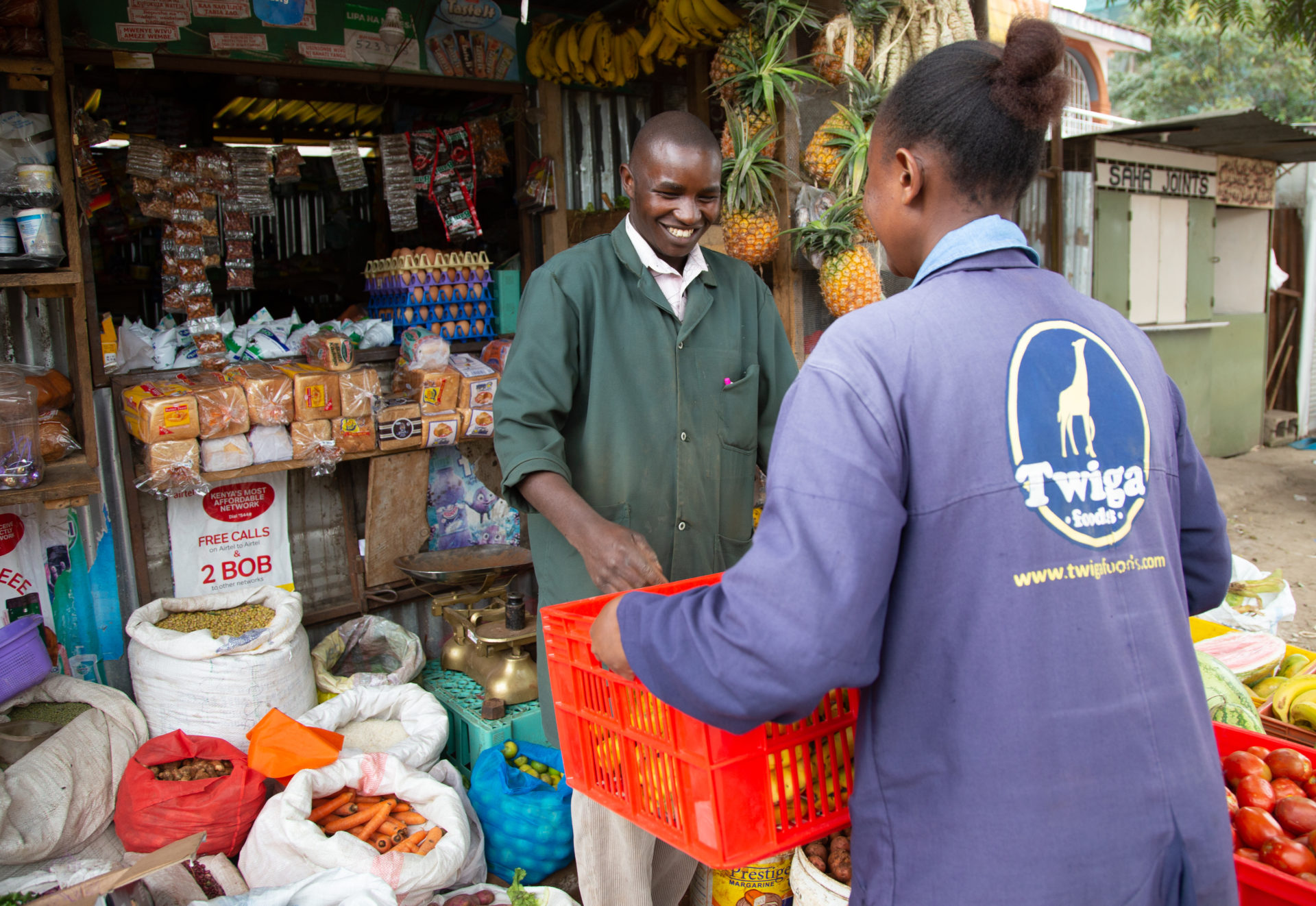Twiga shifted its sales model after restructuring operations that eliminated internal sales teams. It has the right to terminate working relationships with underperforming independent contractors.
Twiga Foods, a business-to-business (B2B) platform that connects farmers and food vendors, has confirmed that it no longer has an in-house sales team after a cost-cutting move it implemented last year. The cost-cutting move was a round of layoffs in October 2022 that affected 211 people, and the company’s CEO Peter Njonjo has clarified that contrary to some claims, there have been no new in-house workforce cuts. However, he shared that Twiga has changed its sales model and now works with several independent agents instead of full-time salespeople.
In an email to TechCabal, Njonjo said, “We made the changes to our commercial team last year in October. We wanted to convert the role of a salesperson from that of an employee to a free agent. We made redundant the role of a Trade Development Representative and thus impacted 211 people. We paid all dues as per the Kenyan Employment Act. Other big companies followed suit in Kenya.”
The layoffs mean that Twiga no longer has a sales department staffed with full-timers. Njonjo defended the firings as converting the salespeople to ‘free agents.’ “We no longer have dedicated sales agents in Twiga,” said Njonjo.
Twiga’s new agent model
According to Njonjo, Twiga stopped working with several sales agents following a performance evaluation. “Under the new agent model we rolled out last year, we are always reviewing sub-optimal sales territories, and it has been quite an iterative process. The decision to merge sales clusters drove the reduction in the number of agents, mainly driven by the viability of those clusters (driven by performance over time). The agents are independent actors, where in most cases they don’t work exclusively for the company, so this was based on the viability of those clusters,” added the CEO. Njonjo’s Twiga did not disclose the exact number of affected sales agents.
One of the independent agents told TechCabal that Twiga assigns areas they should cover. The source also confirmed that Twiga does not restrict agents in terms of companies they work with. Still, they have to meet set goals to continue contracting for the company.
Twiga assesses the agents monthly. If they do not serve their clients satisfactorily, they are replaced by a waiting list of new applicants. Njonjo says a waiting list of 2000 people is ready to be onboarded as sales agents. This is likely why Twiga is stringent in handling agents because if they cannot perform, a new set of agents would replace them.
This business model has perhaps led to an online discussion faulting Twiga for firings. While that might be the case, Twiga has not laid off any permanent employees. Adopting the model makes it clear that underperforming independent agents will continue to be laid off.
Last week, Twiga transferred its rights at the Galana-Kulalu Scheme to Selu Limited. Selu Limited has been set up as a specialised entity to invest in the irrigation project. The aim is to develop 20,000 acres of land for maize production, utilising innovative and sustainable farming methods.
Towards the end of 2021, Twiga Foods secured $50 million in new funding to support its East and West Africa expansion efforts. The investment was raised by its existing investors, including the International Finance Corporation, TLcom Capital, Creadev, Juven, and DOB Equity.
What do you think about our stories? Tell us how you feel by taking this quick 3-minute survey.






















